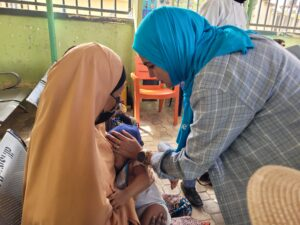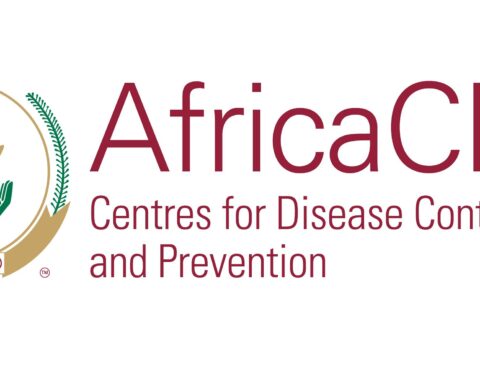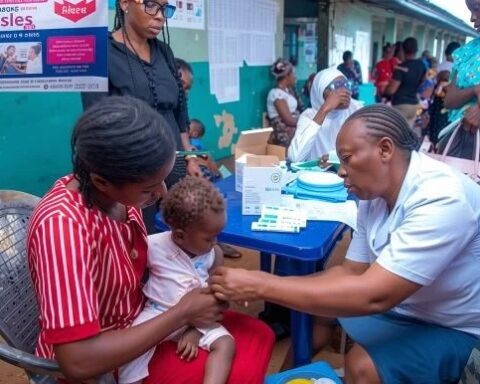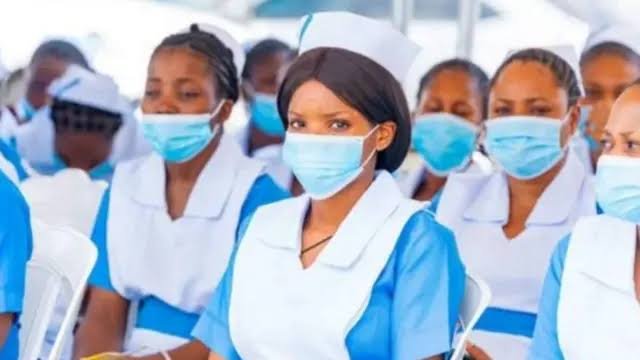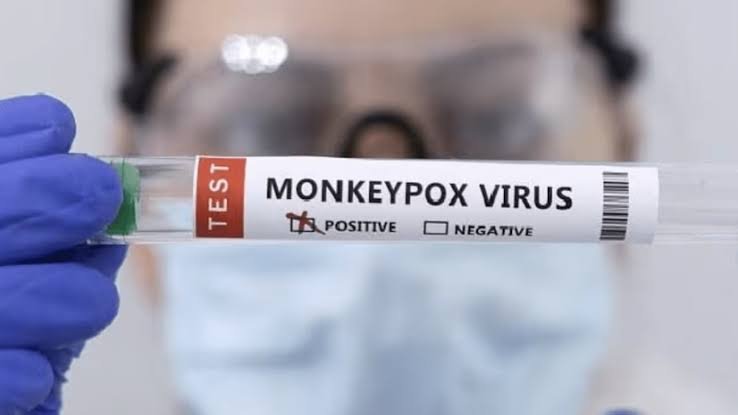The United Nations Children’s Fund (UNICEF) Bauchi Chief Field Office announced yesterday – Wednesday, December 18 – that more than N3.4 trillion was expended between 2023 and 2024 on various interventions across five States in Nigeria under its franchise.
The States include Plateau, Bauchi, Gombe, Adamawa and Taraba.
Dr Nuzhat Rafique, Chief of Field Office for UNICEF Nigeria-Bauchi, disclosed this in an interview with journalists at a primary healthcare facility in the Gidan Maganin community in Gombe metropolis.
Rafique, who visited the facility to monitor the observance of Maternal Newborn and Child Health Week (MNCHW), reaffirmed UNICEF’s commitment to strengthening healthcare systems in the Bauchi Field Office.
Explaining that UNICEF’s interventions covered five sectors, with health receiving more than half of the investment, Rafique said: “UNICEF’s yearly investment in the Bauchi Chief Field Office for 2023/2024 is almost N3.4 trillion. Of this, N1.8 trillion, or 53 per cent, was allocated to health.”
Rafique added that the investment was similarly distributed across the five states, although interventions varied based on local needs.
“UNICEF’s support includes polio campaigns, immunisation, MNCH Week, sanitation, open defecation reduction and emergency response.”
On UNICEF’s support for MNCH Week, Rafique noted that over 147,000 doses of vitamin A red and blue capsules had been provided for child vaccinations, alongside 50,000 deworming tablets.
She mentioned that health workers were incentivised for their work, which included both house-to-house visits and primary healthcare facility services.
She emphasised that these efforts would continue for the entire week to catch up on immunisation for children who had fallen behind.
Rafique also stressed the importance of five priority areas: child registration and immunisation, good nutrition, exclusive breastfeeding for the first six months, and proper weaning.
She explained that malnutrition impairs a child’s development and intelligence, adding that even after recovery, the child may experience a decline in IQ.
“Saving the life of a malnourished child is crucial, but compromising their intelligence is a loss we cannot afford,” she added.
